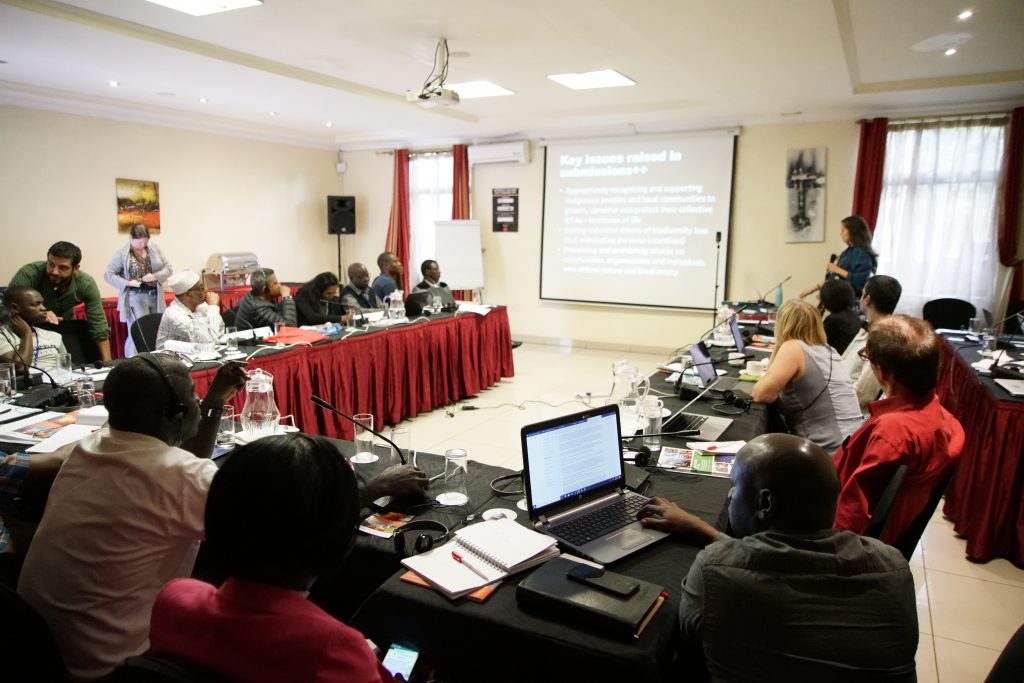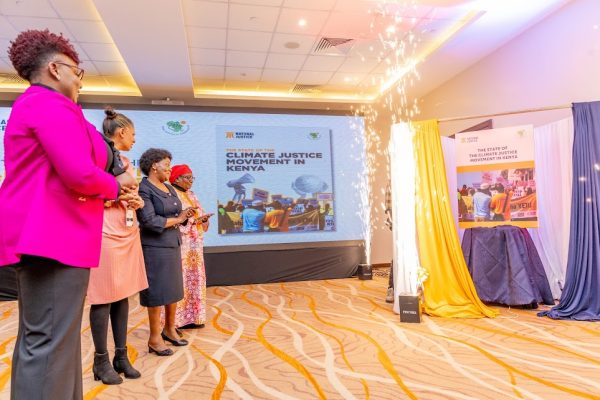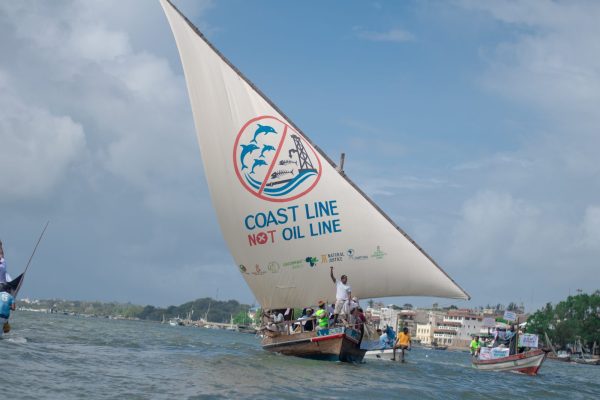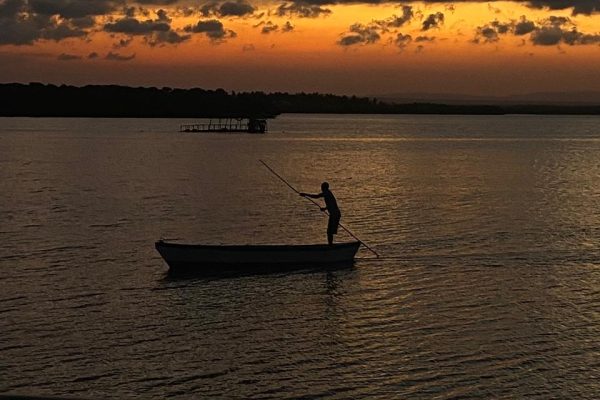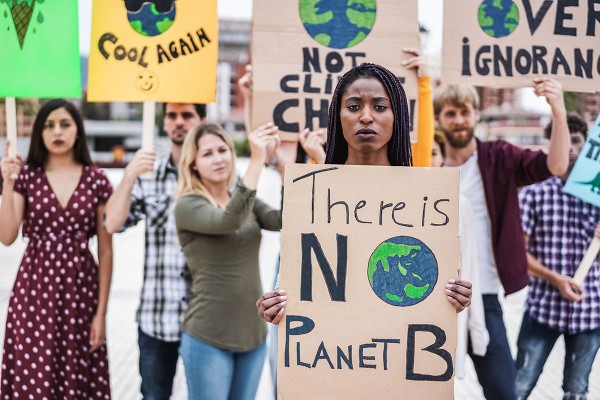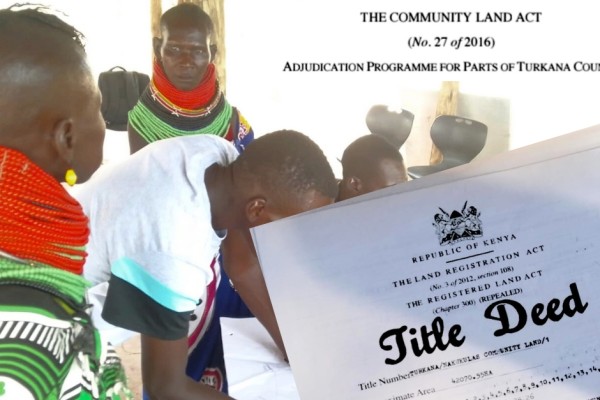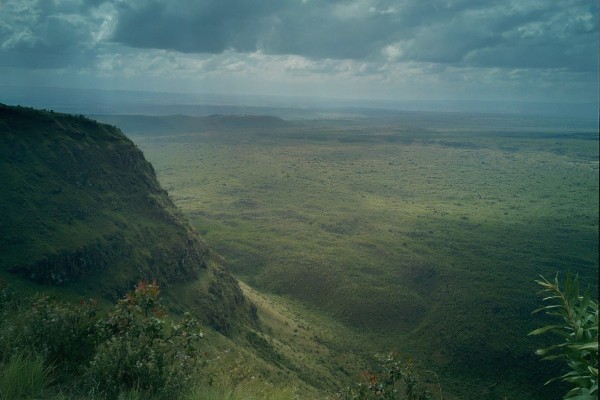After a journey that started nine years ago in Nagoya, ninety-nine State parties, Civil Society Organizations and representatives of groups, including Indigenous Peoples and Local Communities, and women and youth, converged once again at the United Nations Environmental Program (UNEP) headquarters in Nairobi to discuss a way forward in the biodiversity conservation agenda.
The purpose of the five-day meeting that took place from the 27-30 August 2019, was to engage relevant State parties and stakeholders in the process of laying down a road map that would lead to the development of a more robust and comprehensive Post- 2020 Global Biodiversity Framework. Prior to this, States had committed to implementing the Aichi Biodiversity Targets which were to run from 2011 to 2020. However, targets under this strategic plan have not been achieved.
The Post-2020 Framework, which will spell out a detailed strategic plan of action aimed at reducing the rate of biodiversity loss, will be implemented from 2020 onwards. Accordingly, the significance of this framework to thousands of people who suffer indiscriminately due to the unlawful destruction of their environment, cannot be overstated.
It was clear from the beginning of these important discussions, that the loss of biodiversity was taking place at a rampant rate – hence the need to respond with urgency. The Amazon fire incident, which was still going on during the negotiations, is a classic example of the extent to which human activities pose a threat to the existence of animal and plant species and a demonstration of how devastating the impacts of biodiversity loss can be on the lives of communities.
So far, estimates reveal that this year, there have been more fire incidents within the Amazon compared to last year. Yet, when we speak of biodiversity, the Amazon alone holds a large percentage of the biodiversity on the planet. The 2019 Intergovernmental Science-Policy Platform on Biodiversity and Ecosystem Services (IPBES) report also confirmed the accelerated deterioration of biodiversity worldwide.
It is unfortunate that, although communities continue bearing the greatest burden resulting from the destruction of biodiversity due to unsustainable development projects, their voices are hardly taken into consideration when making decisions on the management of their environment and natural resources. A similar situation was experienced during the United Nation’s First Substantive Session entitled “Towards a Global Pact for the Environment” where the failure to engage Indigenous Peoples and Local Communities in the deliberations stood out as concerning. Therefore, Natural Justice has been keen on finding ways to promote the effective participation of Indigenous Peoples and Local Communities in decision-making processes in international forums.
Owing to the complex nature of international engagements, enhancing a better understanding of the Convention on Biological Diversity (CBD) and its processes among community members was paramount and, with the support from SwedBio and the ICCA Consortium, among other partners, Natural Justice organised a two-day workshop for Indigenous Peoples and Local Communities in preparation for the first meeting of the Open-Ended Working Group (OEWG) on the Post-2020 Framework.
In this way, community members are equipped with the knowledge to help them engage constructively in a way that would ultimately influence the final outcomes of the Post- 2020 process. This preparatory workshop gave the participants the confidence needed to participate, realising that they had meaningful contributions to make towards the development of the Post-2020 Framework.
Although delegates of different State parties and organisations had their own agenda to push for, one aspect that stood out during the OEWG meeting was the support that most participants gave to the role of Indigenous Peoples and Local Communities in biodiversity conservation through their statements.
Some of the countries that expressed their strong commitment towards promoting the participation of Indigenous Peoples and Local Communities include the Central African Republic, European Union, Sierra Leone, Belarus, Ecuador, Australia, Canada, Uganda, Bolivia, Paraguay, Colombia, and Nigeria. Perhaps another key observation worth mentioning is the fact that 97% of national reports, according to the representative of Indigenous Peoples and Local Communities at the CBD Secretariat, mentioned Indigenous Peoples and Local Communities.
However, as many community members rightfully pointed out, States should now work towards ensuring that they implement their commitments – which includes creating an enabling environment for the full and effective participation of communities at the national level.
More encouraging was the emphasis laid on the importance of developing a framework that adopts a holistic approach towards conserving biodiversity. For this reason, more synergies and collaboration between State parties and private actors, as well as among institutions of different conventions related to the CBD, such as the climate change conventions, is necessary.
Financing, which is also an indispensable consideration for many States, found its way into the discussions. Acknowledging the limited amount of resources, the parties agreed that there was a need to push for alternative sources of funding to complement funds from the Global Environmental Facility.
As nations around the world continue the journey towards a more comprehensive and solid framework, it is important to look back and learn from past mistakes. What the world needs now are more innovative and transformative solutions that will result in tangible positive impacts. The time to save our life support system is now! In the spirit of “equal and shared responsibility”, the contribution and participation of each stakeholder matters.

